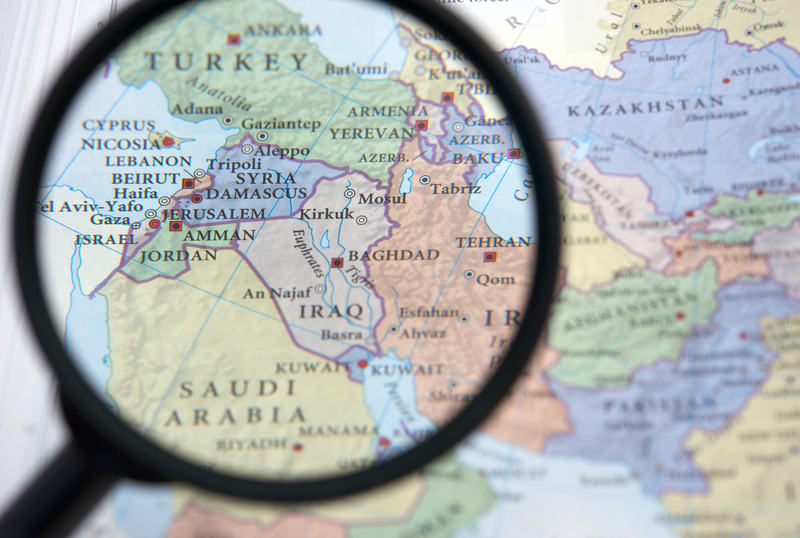For the unfortunate Arab populations on ground zero, wars never made sense.
The Arab Weekly
A century after World War I, peace is yet to break out in the Middle East. Wars rage in many parts of the region and Arab populations are the first casualties.
Those wars come with huge human and economic cost. Brown University’s Watson Institute puts the direct human toll of US military intervention in Iraq at about 300,000 and that’s without counting the indirect human cost of Iraqi lives lost to the disease and hardship caused by war.
In Syria, war has led to about 500,000 deaths since 2011. Eleven million have been displaced and about 5 million have become refugees abroad.
Economically, the cost of war has been staggering.
The Watson Institute said the United States is said to have spent $5.6 trillion on its wars in Iraq, Afghanistan and military operations in Pakistan. The figure does not take into consideration the bill that countries in the Middle East and North Africa had to foot in terms of their own military expenditure and lost economic growth.
The UN Economic and Social Commission for Western Asia estimated the cost of the material destruction at about $120 billion. It set the cost of lost productivity — losses to the country’s GDP — at $268 billion. An overall price of $388 billion in economic damage is estimated for Syria alone.
Tom Streithorst recently wrote in the American Conservative that last April’s Tomahawk cruise missile attack on Syrian targets by the United States, the United Kingdom and France cost more than $250 million but achieved no major results. War, he pointed out, has become just “a sorry combination of show business and fiscal stimulus” and, therefore, it “does not make sense anymore.”
For the unfortunate Arab populations on ground zero, wars never made sense.









